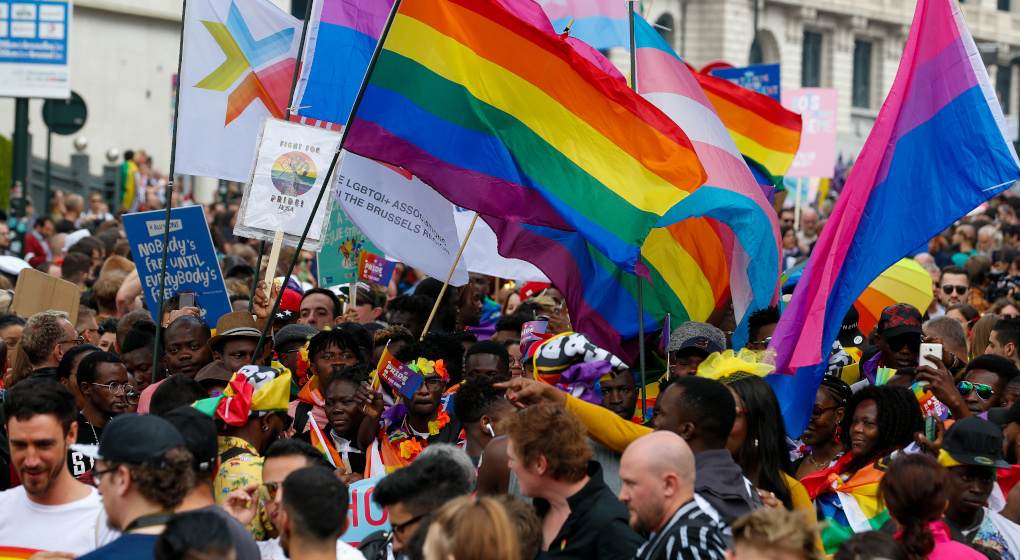Censorship, arrests or even persecution: LGBTQ people around the world are facing "an alarming increase" in restrictions on freedom of expression and association.
Over the past 16 months, several countries (Jordan, Kyrgyzstan and Uganda) have formally implemented legal provisions against the "promotion" of homosexuality, while Russia has labelled the "international LGBTQ movement" as "extremist". The findings were presented by international organisation for LGBTQ rights Ilga World.
"Even talking about our lives in public is becoming more and more difficult in a growing number of states," said Dhia Rezki Rohaizad, author of the report,
"This trend is extremely worrying: history has shown us time and time again that the progress made by our movements around the world can be reversed by an election," said executive director of Ilga World, Julia Ehrt. This is particularly worrying as roughly half of the world's population will be affected by elections this year.
Opposition tarnishes progress
At least 59 out of 193 UN Member States are affected by anti-LGBTQ restrictions, and the same number have put in place legal obstacles to the registration and operation of organisations defending the rights of LGBTQ people.
A third of UN Member States even criminalise homosexual relations, and the death penalty is applied in seven countries (Brunei, Mauritania, Iran, Nigeria, Saudi Arabia, Uganda and Yemen). In Afghanistan, Pakistan, Qatar, Somalia and the United Arab Emirates, the death penalty is possible but with an uncertain legal framework, according to Ilga.
"Relentless opposition is tarnishing the progress made in terms of equal rights for LGBTQ people."
Related News
- Three LGBTQI+ choirs to perform in Uccle on 15 June
- Brussels Pride puts LGBTQIA+ community in the spotlight
- IDAHOBIT: Belgium rallies for LGBTQ rights around the world
Among the progress recorded, four countries (Andorra, Estonia, Greece and Slovenia) have authorised same-sex marriage, bringing their number to 35 (+ Taiwan), and Nepal has issued an interim order to facilitate such marriages. Meanwhile, Bolivia and Latvia have legalised civil unions, as have several Japanese prefectures.
Five new member states (Germany, Ecuador, Spain, Finland and New Zealand) now also allow people to have their gender reflected in their official documents based on self-identification, bringing the number of countries that allow such an approach to 17.

